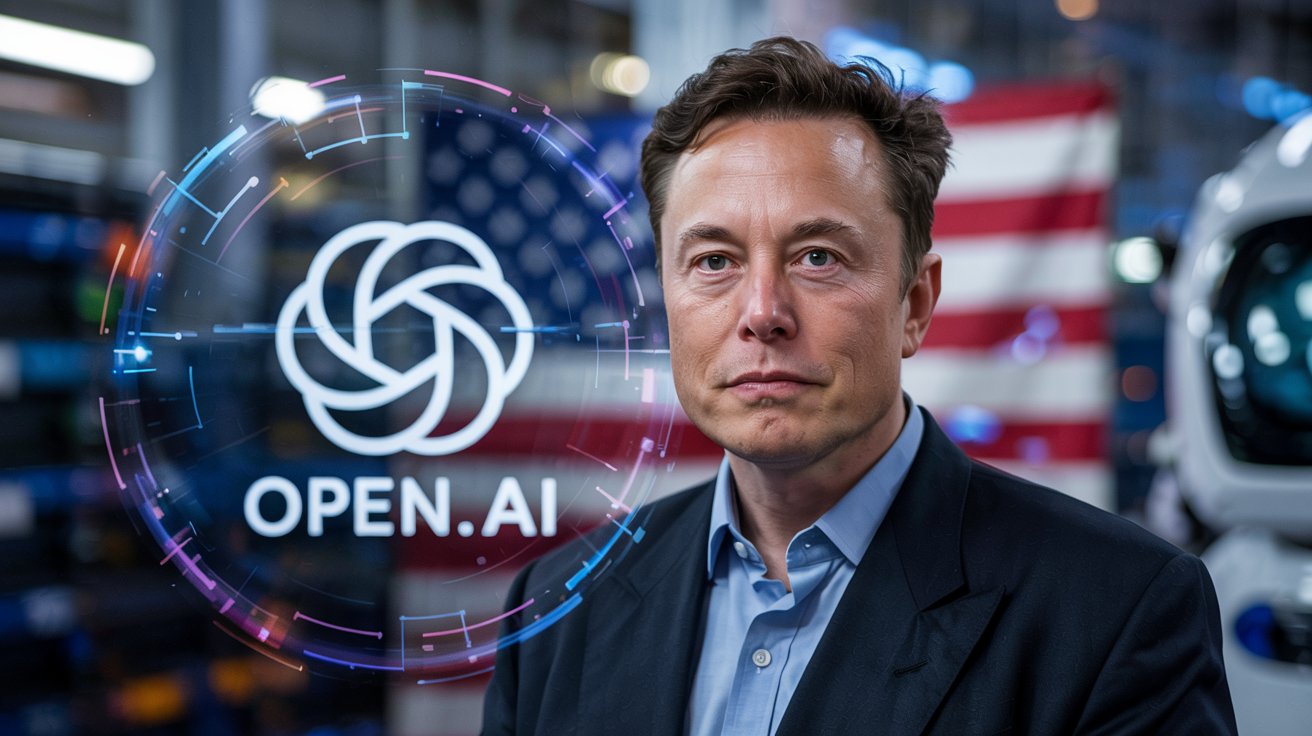In a bold move that’s stirring up conversations across the tech industry, OpenAI shocks the tech world by rejecting Elon Musk’s $97.4 billion buyout, sending a strong message about the future of AI innovation in America.
What Happened: OpenAI Turns Down Musk’s $97.4 Billion Offer
What you need to know: Elon Musk, co-founder of OpenAI and CEO of Tesla, SpaceX, and X (formerly Twitter), made a massive $97.4 billion offer to acquire OpenAI. Musk aimed to regain control of the organization he helped start in 2015, citing concerns over its current direction. But OpenAI’s board unanimously rejected the offer.
Board Chair Bret Taylor stated: “OpenAI remains mission-focused. We are not for sale.”
Key Data:
- Bid Amount: $97.4 billion
- Current Investor: Microsoft (over $13 billion invested)
- OpenAI’s Model: “Capped-profit” hybrid structure
Why Did OpenAI Reject Elon Musk’s Buyout?
This isn’t just a corporate disagreement—it’s a deep clash of ideals, control, and future direction.
| Factor | Elon Musk’s Side | OpenAI’s Side |
|---|---|---|
| Mission | Concerned about profit-driven shift | Committed to AGI for the benefit of all humanity |
| Governance | Musk wanted control | OpenAI values decentralization |
| Past Involvement | Left OpenAI in 2018 over disagreements | Continued partnerships (notably with Microsoft) |
| Transparency vs. Profit Focus | Musk criticized the Microsoft deal | OpenAI says it maintains transparency |
Musk’s buyout bid represented a power play, while OpenAI’s rejection sends a message: AI must remain in the public interest, not private control.
What This Means for America’s AI Future
The stakes go far beyond just OpenAI and Musk. The U.S. is at the forefront of AI development, and this decision will influence:
- Government policy on ethical AI
- Future funding and partnerships
- Regulations around AI ownership and control
- Tech ethics in innovation centers like Silicon Valley and Washington D.C.
The Ripple Effects of OpenAI’s Rejection
[OpenAI Rejection of Musk]
|
--------------------------------------------------
| | |
[Public Trust] [Tech Industry Impact] [Government Response]
| | |
- Higher credibility - Push for ethics - New AI regulations
- Transparency focus - Fewer hostile takeovers - National AI funding
AI Independence vs. Billionaire Control: Why It Matters
OpenAI’s refusal of Elon Musk’s offer highlights an important shift in the tech world. It represents the defense of mission-driven AI development over pure financial gain.
Why This Story Resonates with USA:
- There is growing concern about billionaires influencing national tech infrastructure
- The future of AI touches everything—jobs, education, healthcare, and national security
- Readers want ethical transparency and systems they can trust
Why OpenAI’s Rejection Matters More Than You Think
By rejecting a $97.4 billion buyout from Elon Musk, OpenAI has taken a stand for transparency, independence, and public-good AI development. This move not only protects the integrity of artificial intelligence innovation but also positions America as a leader in ethical, mission-first technology.
Unique Data Recap:
- $97.4 billion buyout offer rejected
- OpenAI’s current valuation is near $90 billion
- Microsoft has invested $13 billion+
- AI projected to contribute $15.7 trillion to the global economy by 2030 (PwC Report)
This pivotal decision reinforces the value of trustworthy, mission-led AI—a concept that matters now more than ever in the rapidly changing tech landscape.
[USnewsSphere.com / ap]





